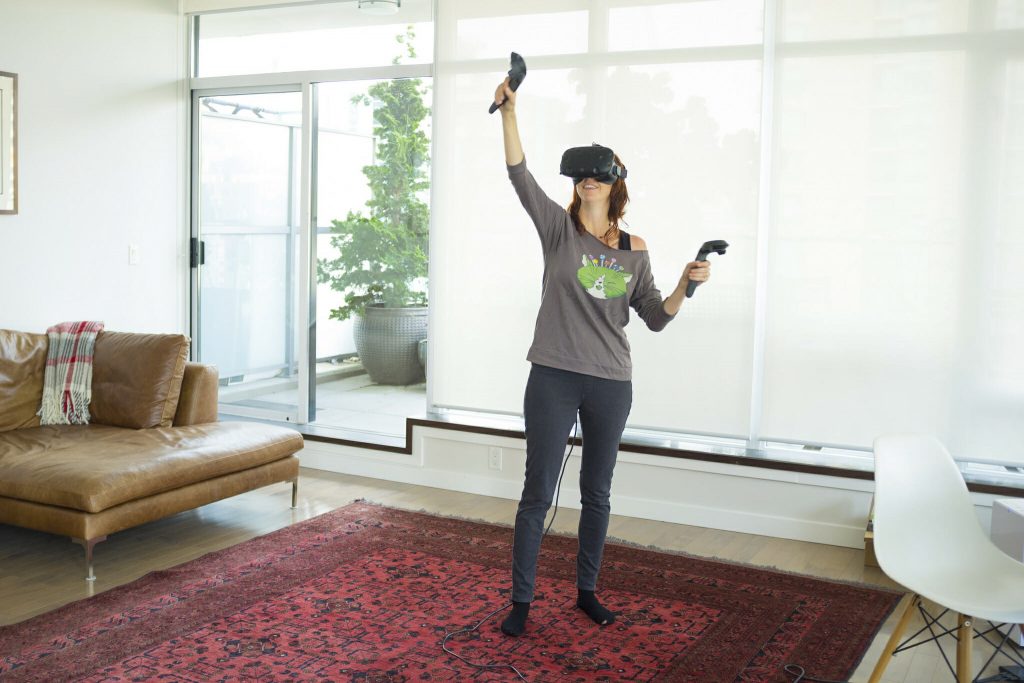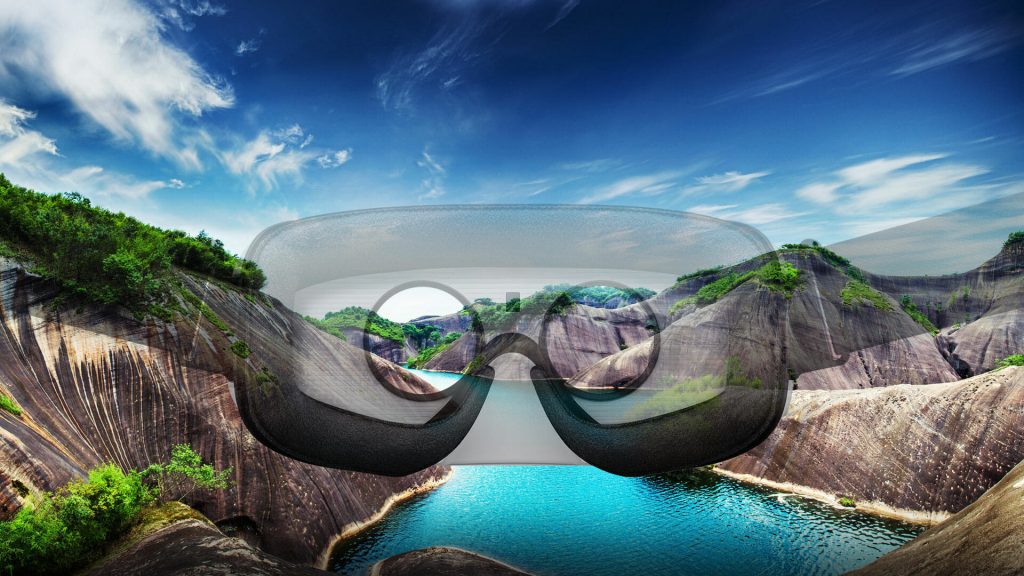Although Virtual Reality has been around for some time, it wasn’t until the Oculus Rift launched back in 2016 that people started turning their heads to it to see what it was all about. Now, the VR industry has grown big, and it is only expected to keep on growing in the upcoming years. Other companies followed the trend by releasing own headsets: HTC introduced Vive, Sony launched PlayStation VR, and many less known manufacturers have branded headsets for iPhone and Android.
Virtual Reality experiences have greatly changed since they first came out and nowadays, people can train, play, meditate and more from the comfort of their very homes. However, numerous companies and organizations have decided to invest part of their future in it, making VR available for job preparations, simulations, and on-site exhibitions, as well.
Among these is the travel industry, which has been slowly but steadily finding ways of giving use to Virtual Reality to enhance tourism and all the involved processes.
What VR can offer
As it is well known, the uproar of online shopping has led customers away from travel agencies and into their computers. This comes as no surprise because who needs an agent’s help when you can do everything by yourself without ever leaving your house?
This is a problem that travel agencies have been struggling with for a while now, and hopes are in Virtual Reality to bring the travelers back to the office. In fact, this is precisely one of the many ways in which VR is being used in this field: to show people the places they could be going to and create enough wonder and allure to make them book a plane ticket along with a hotel.
Because traveling is all about being overwhelmed by experiences, vacationers want to know beforehand that they will be paying for a holiday that will immerse all their senses into bliss. With Virtual Reality, people are now able to see and visit these destinations before they go.
This not only allows them to know with certainty which is the place they want to go to but it also engages them into the thought and desire of going, convincing them to plan a trip far more easily than by looking at 2D pictures on the web. VR experience doesn’t have to be expensive, buying an affordable headset for iPhone or Android and using the right app can be sufficient.
Applications of Virtual Reality
This explains why VR is being applied not only to pre-experiencing a certain destination but also to show hotel rooms and airplanes before acquiring them. So far, Amadeus’ subsidiary company, Navitaire, has been the most innovative by creating a VR simulation where users can search for global destinations and visualize the possible aircraft and seats where they could be traveling, hopping onto cars before renting them, and book all of it through their software.
However, they are not the only ones. A couple of years ago, Thomas Cook, a recognized travel agency, released a VR campaign called Try Before You Fly which caused such an impression on travelers that it generated over $17,000 on flight and hotel bookings and a 190% uplift in trips to New York on the first three months alone.
In addition, several hotel chains and sites, such as Expedia, are now opting for offering the possibility to their customer’s of seeing their different rooms through downloadable videos on their websites. These showcases are sometimes as interactive as allowing users to open the room’s closets and windows to see what would be the view of their booking.
Other Virtual Reality applications in the field include apps and experiences for airports visualizations, conference and exhibition centers demonstration (especially helpful among those traveling for work), restaurants and seat reservation, and theater or concert halls ticket selection.
Future uses Of VR in the travel industry
But actual ongoing travelers are not the only audience. With Virtual Reality, people can use their iPhone or Android phone to approach places that might not be able to visit in real life, for example, a sealed-off heritage site or landscapes with environmental fragility where no one is allowed anymore.
In these cases, VR apps might be the only way in which a highly populated world can experience some of the wonders that are far away from our reach for protective reasons.
Moreover, disabled people and senior individuals will also be using VR traveling given that while their conditions may not let them go sightseeing by themselves, the sights can still be brought to them through the lenses.
Finally, even if you booked your trip and already returned from your selected destination, travel agencies have begun to whisper about the possibility of selling you the experience you had, as unique as you lived it, in case you want to go back and re-watch it again.



